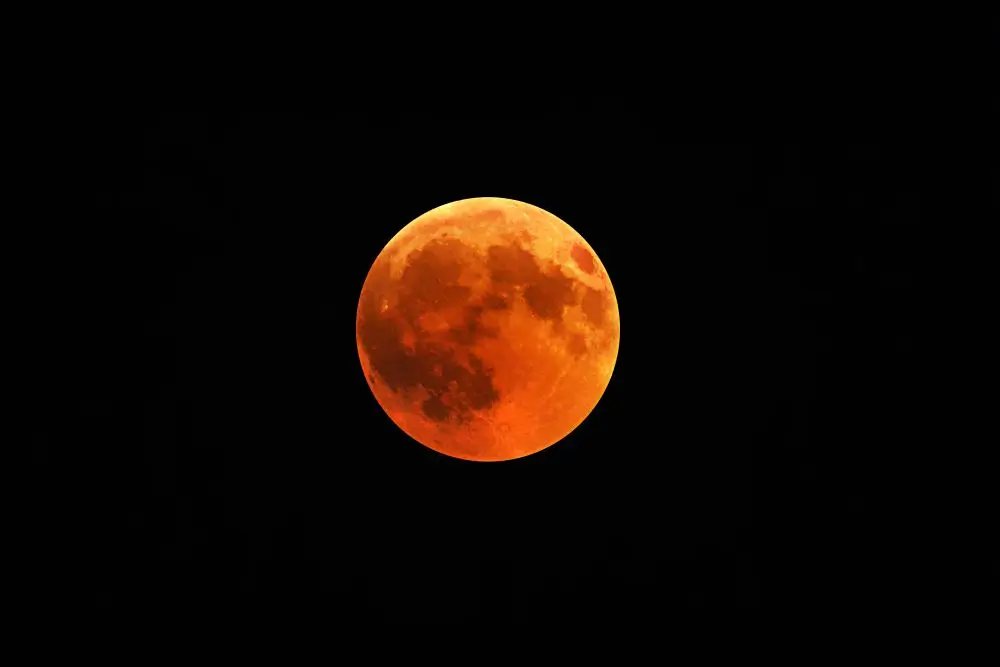
Astronomy enthusiasts in Germany are in for a celestial treat this Sunday evening, as a total lunar eclipse will be visible in the night sky. According to the Max Planck Institute for Astronomy and the Association of Amateur Astronomers in Heidelberg, the spectacle will also be observable in many other parts of the world, though visibility varies depending on location. People in Asia are expected to have a clearer view compared to most of Europe.
The eclipse begins when the Moon enters the Earth’s umbra, the central, darkest part of Earth’s shadow, at 6:27 PM local time. At this stage, however, the Sun is still above the horizon in Germany, and the full Moon has not yet risen, meaning the very first phase of the eclipse will not be visible from most German locations. This initial phase, known as the partial eclipse, occurs as the Moon gradually darkens while moving into the Earth’s shadow.
The total eclipse phase is scheduled to start at 7:31 PM, but even then, only observers in the far eastern parts of Germany, particularly near Görlitz, will see the Moon above the horizon at that moment. For the majority of German cities, the total lunar eclipse will become visible a little later, depending on the Moon’s rising time.
Lunar eclipses occur when the Earth passes directly between the Sun and the Moon, casting a shadow on the Moon’s surface. Unlike solar eclipses, lunar eclipses are safe to observe with the naked eye, making them accessible to casual stargazers and professional astronomers alike.
During totality, the Moon often takes on a reddish hue, a phenomenon caused by sunlight bending through Earth’s atmosphere, commonly referred to as a “Blood Moon.” After totality ends at 9:56 PM CEST, observers can watch the partial phase at the end of the eclipse, when the Moon gradually leaves the Earth’s umbra and darkness decreases again.
This Sunday’s eclipse is particularly interesting because it coincides with a high visibility phase in other parts of the world, offering global stargazers an opportunity to witness one of nature’s most dramatic astronomical events. Weather conditions, local topography, and light pollution will affect visibility, so observers are advised to find clear, open spaces away from city lights.
Astronomical societies across Germany recommend enthusiasts bring binoculars or small telescopes to enjoy the detailed view, though the eclipse is impressive even without equipment. Whether for casual skywatchers or avid astronomers, Sunday evening promises a spectacular display as the Moon slowly disappears into Earth’s shadow, only to emerge again in a striking crimson glow.